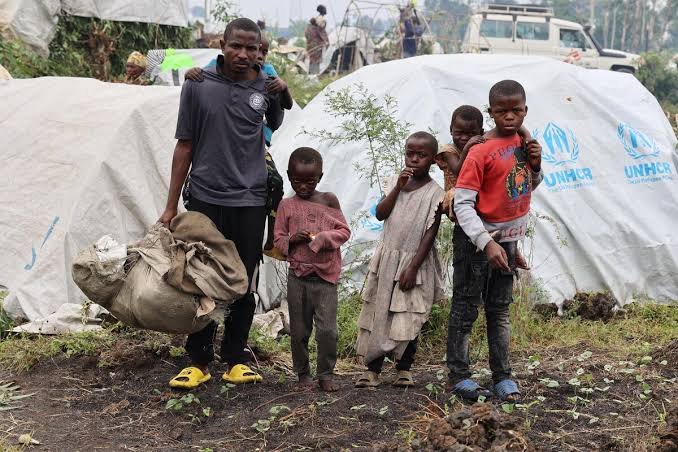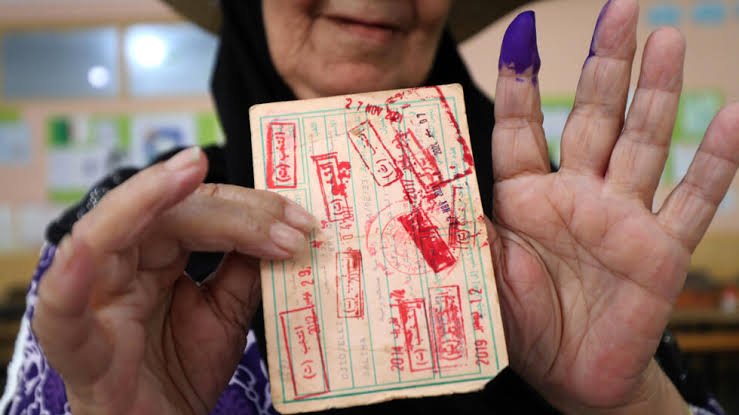The Democratic Republic of Congo (DRC) is grappling with intensifying insecurity in its eastern regions, compounded by political tensions and a worsening humanitarian crisis.
Bintou Keita, the UN Special Representative to the DRC, highlighted the alarming situation in a recent address, citing the activities of armed groups such as M23, ADF, CODECO, and Zaïre.
Keita reported that the M23 rebel group, which has not adhered to a ceasefire agreement, has expanded its control over significant areas in North Kivu, including Masisi, Rutshuru, and Lubero. This expansion is double the territory it occupied in 2012. Meanwhile, the Allied Democratic Forces (ADF) continue to be one of the deadliest groups, with hundreds of civilians killed in recent months.
The ongoing violence has escalated the humanitarian crisis, with nearly 6.4 million people displaced due to armed conflicts and environmental disasters. Keita emphasized that this crisis is further aggravated by climate change and multiple epidemics, creating a dire situation for millions.
Amid discussions on renewing the mandate of the UN stabilization mission in the DRC (MONUSCO), Thérèse Kayikwamba Wagner, the DRC’s Foreign Minister, stressed the importance of addressing cross-border threats and ensuring no security vacuum is left during MONUSCO’s gradual withdrawal.
Rwandan Permanent Representative Ernest Rwamucyo called for a nuanced understanding of the conflict, urging the international community to address its complexities rather than framing it as a bilateral issue between Rwanda and the DRC.
Additionally, Mateus Luemba of Angola announced an upcoming tripartite summit involving Angola, Rwanda, and the DRC to advance peace efforts in the region. Scheduled for December 15, 2024, in Luanda, the summit aims to accelerate stabilization initiatives and foster economic development.
Efforts toward peace remain dependent on cooperation from all stakeholders, with continued international support seen as vital to achieving lasting stability in the region.



